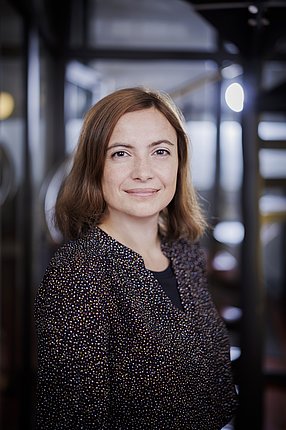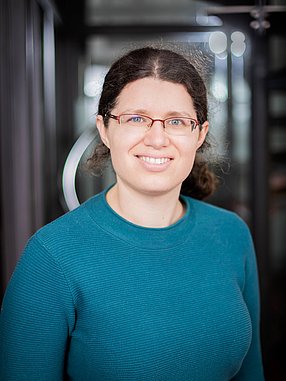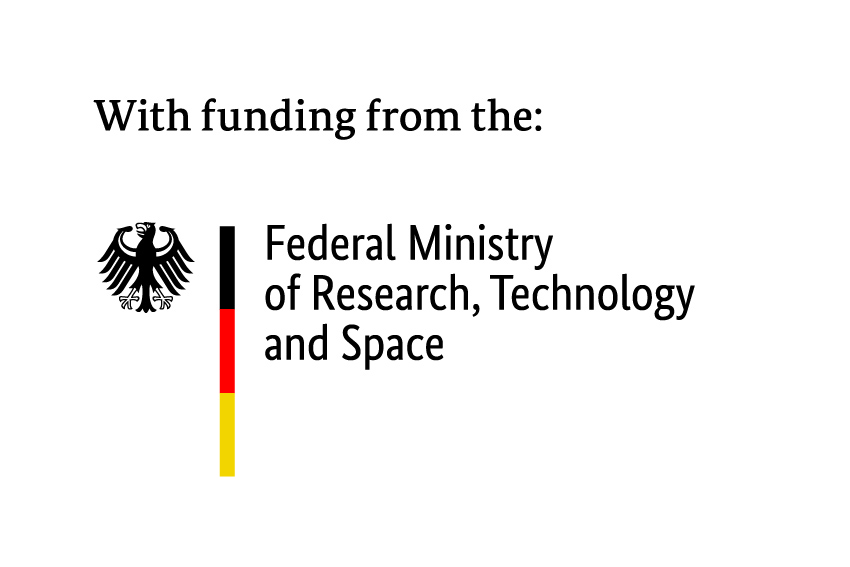CoESI: The impact of the Covid-19 pandemic on the development of social integration.
Good social relationships are essential for maintaining physical and mental health in middle and older adulthood. The Covid-19 pandemic has brought about drastic changes in the way social relationships could be formed and maintained. For example, the introduction of social distancing measures to counter the unchecked spread of the virus also led to an increase in loneliness rates. The CoESI project will examine how the social integration of people in the second half of life has changed over the course of the pandemic and assess the long-term consequences of these changes. A major focus will be on identifying particularly vulnerable groups who may have had difficulty adapting to the changed social circumstances. This research project is funded by the Intiative "Gesellschaftliche Auswirkungen der Corona-Pandemie − Forschung für Integration, Teilhabe und Erneuerung [Social Impact of the Covid-19 Pandemic - Research for Integration, Participation and Renewal]" with funds from the German Federal Ministry of Research, Technology and Space.
Summary
In the CoESI project, sociological, social psychological and health psychological approaches are used to examine changes in the social integration of middle-aged and older adults during and after the corona pandemic. In particular, three levels of social integration are considered: (1) close support relationships (inner circle of closest family and friends), (2) broader networks (middle circle of less close relationships), and (3) participation in group activities (outer circle of acquaintances, neighbors and club members). All analyses take into account the role of social inequality in the pandemic-driven changes in social integration. Specifically, age, gender and socio-economic status are assumed to influence not only the consequences of the pandemic for different aspects of social integration but also how well different individuals are able to compensate losses in their social relationships.
Three sets of questions are addressed in the project: a) Which levels of social integration are most affected by the pandemic? b) How do pandemic-related changes in social integration affect loneliness, subjective well-being and health? c) Which factors enable or hinder the recovery of social integration after the pandemic subsides?
The DIRe-Crises Model was developed as part of the CoESI project. It describes how social crises, such as the coronavirus pandemic, influence social integration. The model forms the basis for the analyses in the project. The following video presents the central assumptions and interrelationships of the model:
With panel data of the German Aging Survey (DEAS; N ≈ 5,000), individual trajectories in social integration are estimated over five measurement points that cover distinct phases of the pandemic in Germany: the situation before the outbreak of the pandemic in 2017, the phase of the shock in Summer 2020, the phase of constant stress in Winter 2021/22, a possible recovery or stabilization period in Winter 2022/23, as well as the last measurement point Winter 2023/24 that assesses potentially changed social integration after the pandemic (i.e., “the new normal”).
Publikations:
- Bünning, M., & Huxhold, O. (2024). Grandchild care and grandparents’ well-being in context: The impact of the Covid-19 pandemic. Innovation in Aging, 8(12). https://doi.org/10.1093/geroni/igae101
- Kelle, N., Bünning, M., & Simonson, J. (2025). COVID-19 pandemic, volunteering, and well-being: Volunteering's role in mitigating depressive symptoms, loneliness, and perceived social exclusion during the pandemic. Social Indicators Research, 180, 49–68. https://doi.org/10.1007/s11205-025-03566-1
- Klasen, L. J., Bünning, M., Kelle, N., Tesch-Römer, C., & Huxhold, O. (2025). The influence of societal crises on social integration and loneliness. In M. Aartsen, I. Precupetu, & B. Suanet (Eds.), Macro social influences on loneliness in later life. International perspectives on aging (pp. 225-248). Springer. https://doi.org/10.1007/978-3-031-94565-6_10
Duration: March 2023 to December 2025
The following staff members at DZA are involved

Principal Investigator

Principal Investigator

Principal Investigator

Principal Investigator

Assistant

Cooperating bachelor student
![[Translate to English:]](/fileadmin/_processed_/8/0/csm_Forschung_989f311f3b.jpg)
